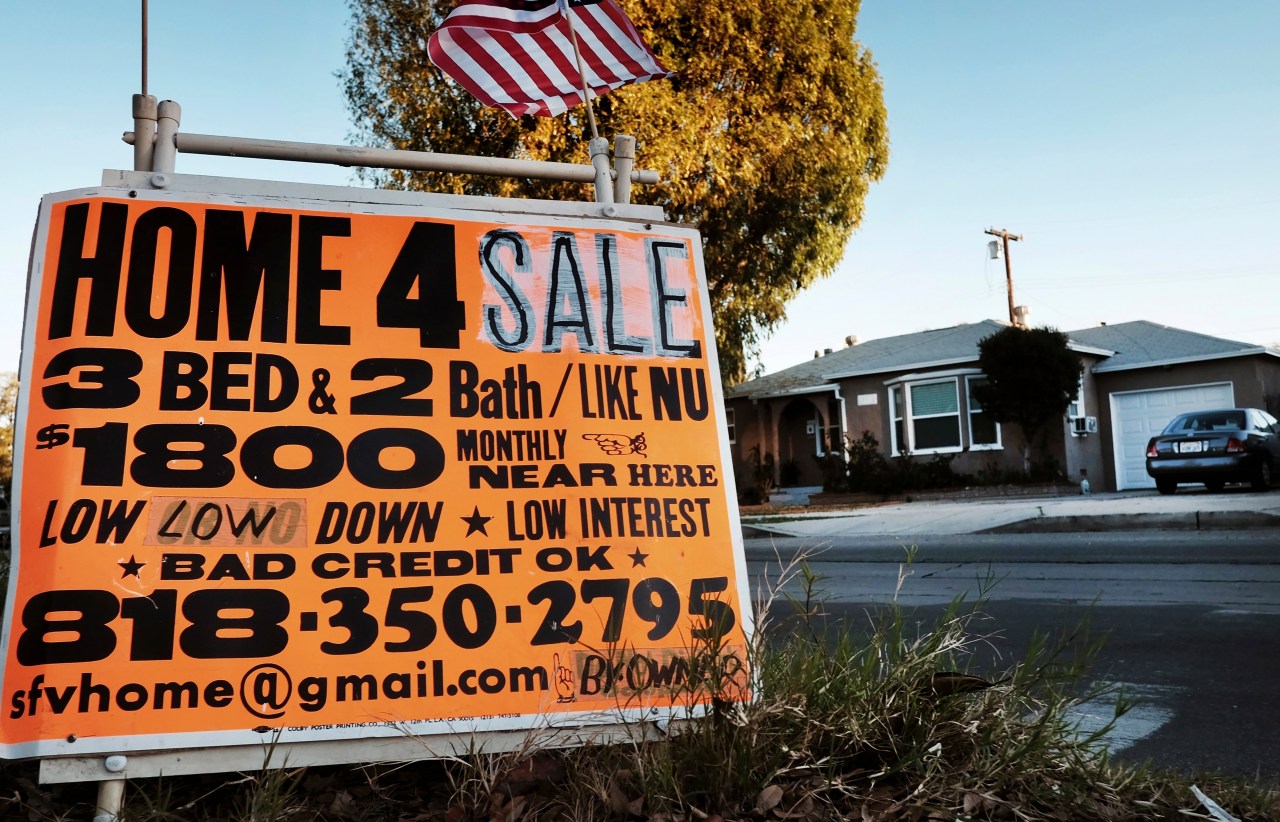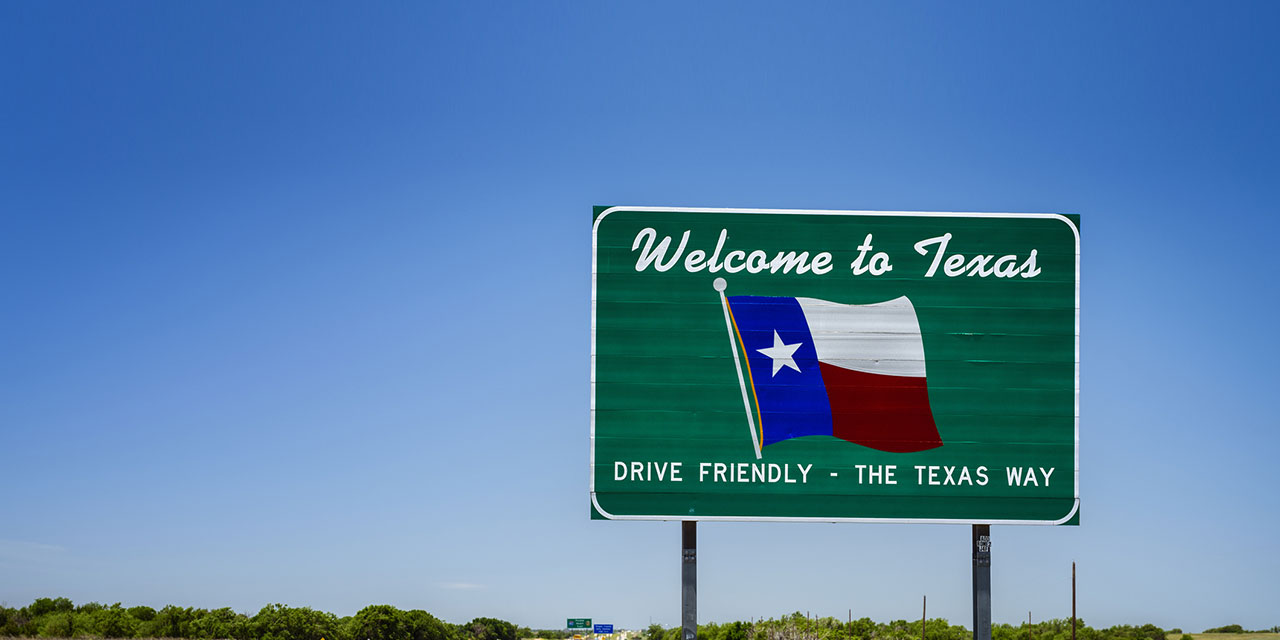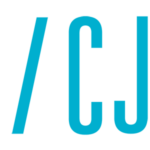I'm currently a third year in college recently gaining interest in the dental field. however, i gained interest around the time the pandemic hit and i havent been able to get much shadowing hours in to know i want to commit 100% this profession.
ive been researching about dental school debt and im feeling very discouraged as im a first generation student living in CA. i want to stay and pursue dental career here in CA, but CA is so saturated and according to bls.gov (https://www.bls.gov/oes/current/oes291021.htm), gen dentists here earn less amount of money compared to other states.
im so worried about not being able to afford a (example)house later on with all the dental school debt i will be having alongside with opening a practice too. i dont think i will be able to stay at my house as i get older even if it saves me money just bc its a toxic environment. this occupation really interests me more than other fields but im just so discouraged about it because of how much debt i will be having and how i will be able to pay it off if i want to reside in CA.
does anyone have some advice or anything realistic about managing this debt...
ive been researching about dental school debt and im feeling very discouraged as im a first generation student living in CA. i want to stay and pursue dental career here in CA, but CA is so saturated and according to bls.gov (https://www.bls.gov/oes/current/oes291021.htm), gen dentists here earn less amount of money compared to other states.
im so worried about not being able to afford a (example)house later on with all the dental school debt i will be having alongside with opening a practice too. i dont think i will be able to stay at my house as i get older even if it saves me money just bc its a toxic environment. this occupation really interests me more than other fields but im just so discouraged about it because of how much debt i will be having and how i will be able to pay it off if i want to reside in CA.
does anyone have some advice or anything realistic about managing this debt...



